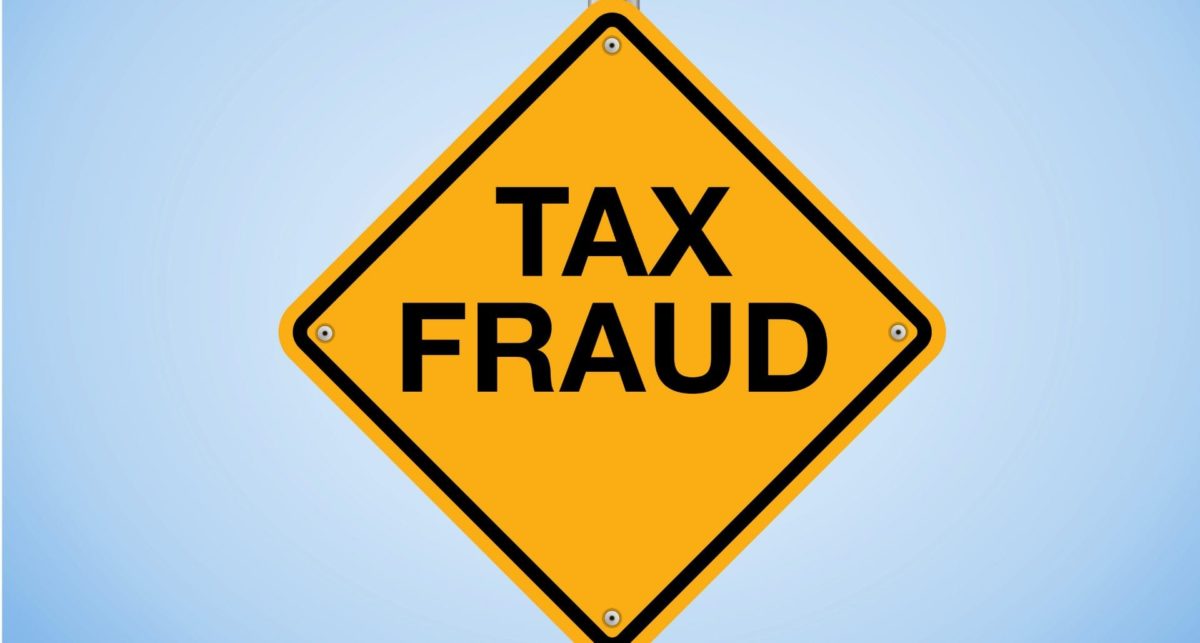September 21, 2013 | FBAR

Violation of FATCA Law
In the last few years the US government has made it a top priority to crack down on overseas accounts that are not reported on US tax returns by passing the FATCA law.
The current trend changed in 2009 when the US government went after UBS (a Swiss Bank) for facilitating foreign hidden accounts. In that case, UBS paid a fine of over $700 million, and turned over close to 5,000 names of their clients that held foreign accounts. The result was that the Swiss banking veil of secrecy no longer exists in the manner it once did. The further result of this trend is that tens of thousands of taxpayers have disclosed to the US that they had unreported offshore accounts and paid billions in taxes and penalties, and about 80 of them have been criminally prosecuted. The law creating this situation, the Foreign Account Tax Compliance Act (FATCA Law) was passed in 2010. It requires foreign financial institutions to report information to the US government about their account holders who have foreign accounts with them. If one does not comply with the reporting requirements of the FATCA Law, they would have a 30% withholding tax at source and then need to either file for a refund with the IRS, or just allow the tax to be lost by not filing any papers with the IRS. If the error in reporting is intentional you could also face criminal charges as well. For instance, last week, the owner of the company that made Beanie Babies, Ty Warner, paid the largest offshore tax penalty of $53.6 million dollars.
So what should you do if you have a foreign account? Seek expert tax help about the reporting requirements since the rules are complex. Most US taxpayers with foreign accounts at this time file two tax forms. One is the Foreign Bank Account Report form (FBAR) and this is filed with the US Treasury department June 30 of each year. The other form is the form 8938, required by FATCA Law, which is attached to one’s tax return.


 Timothy S Hart, the founding partner of the tax law firm of Timothy S. Hart Law Group, P.C. is both a New York Tax Lawyer & Certified Public Accountant. His area of expertise includes innovative solutions to solve your Internal Revenue Service and New York State tax problems, including tax settlements through the Federal and New York State offer in compromise programs, filing unfiled tax returns, voluntary disclosures, tax audits, and criminal investigations. [
Timothy S Hart, the founding partner of the tax law firm of Timothy S. Hart Law Group, P.C. is both a New York Tax Lawyer & Certified Public Accountant. His area of expertise includes innovative solutions to solve your Internal Revenue Service and New York State tax problems, including tax settlements through the Federal and New York State offer in compromise programs, filing unfiled tax returns, voluntary disclosures, tax audits, and criminal investigations. [